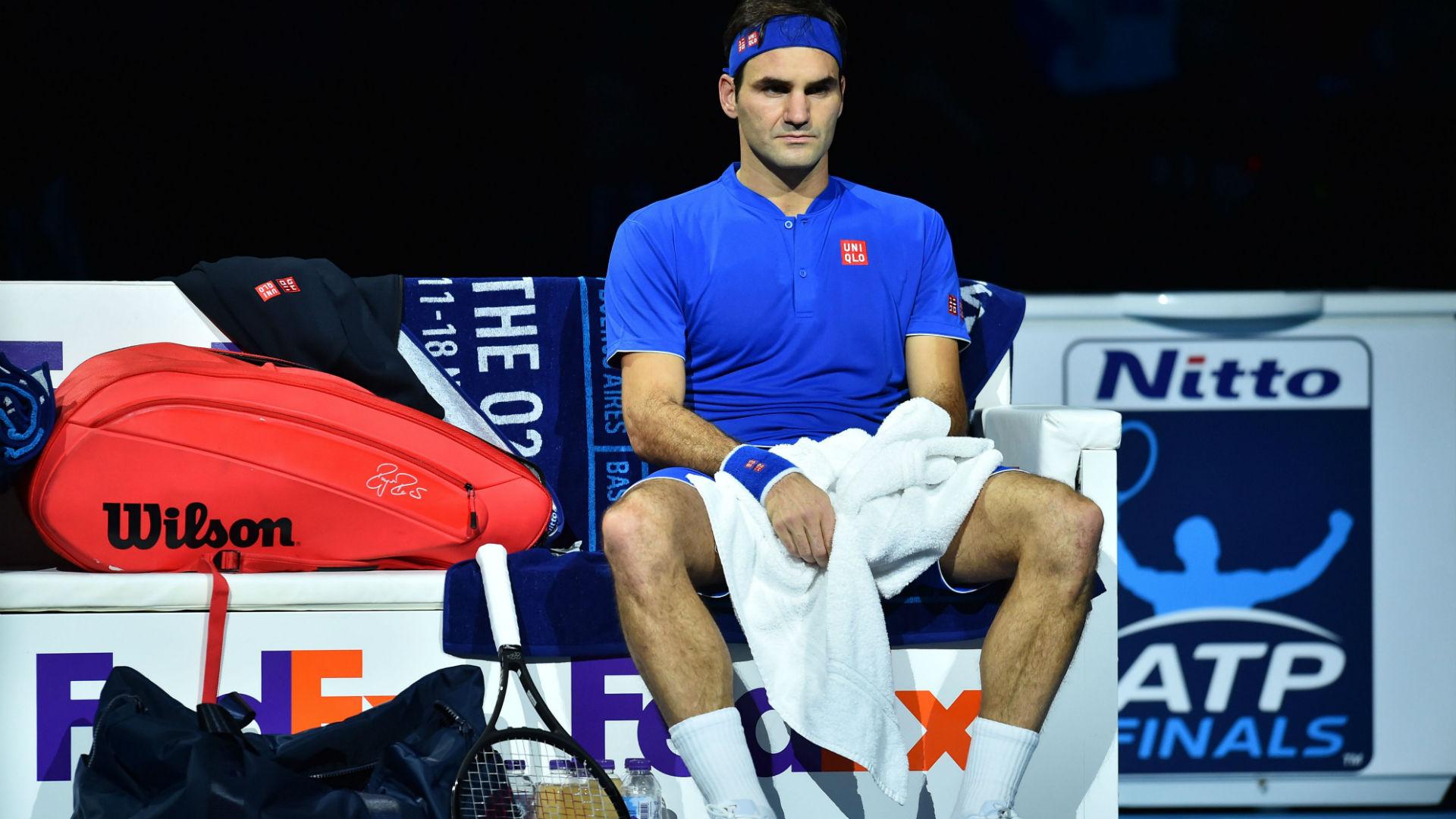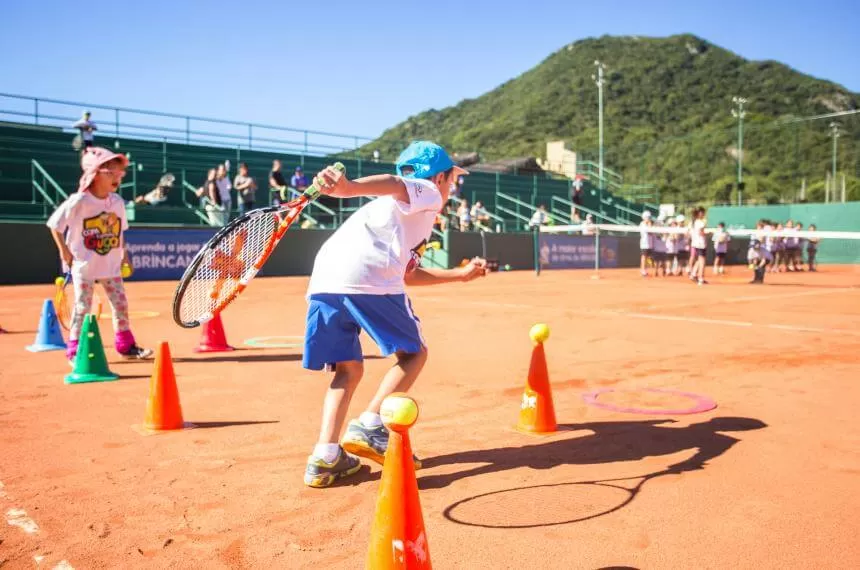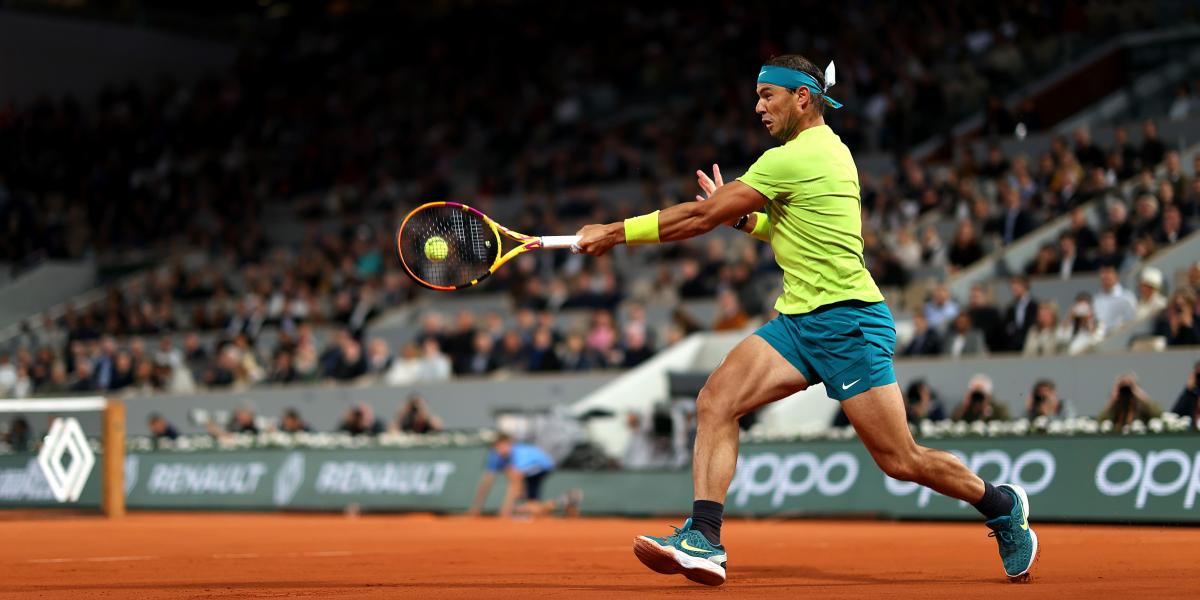How to Strengthen Your Mentality and Overcome Challenges on the Court
Sports psychology plays a crucial role in a tennis player’s performance. While physical skill and technique are fundamental, mental strength can be the deciding factor between winning and losing. In this post, we’ll explore how sports psychology can help strengthen your mentality, overcome challenges, and improve your performance on the court.
Importance of Sports Psychology
Stress Management:
- Competitive tennis can be stressful, with the pressure of performing well and the high stakes of matches. Techniques such as deep breathing exercises help to regulate your heart rate and calm your mind. Another effective method is progressive muscle relaxation, which involves tensing and then relaxing each muscle group in your body, promoting overall relaxation.
Boosting Confidence:
- Confidence in your skills and abilities can significantly impact your performance. Visualization techniques involve mentally rehearsing successful shots and match scenarios, which can enhance your confidence and execution on the court. Self-affirmation involves repeating positive statements about yourself, such as “I am strong and capable,” which reinforces self-belief and can improve your mental state during matches.
Maintaining Concentration:
- Concentration is critical in tennis, where maintaining focus during long rallies and crucial points can make a difference. Mindfulness exercises, such as meditation, can help improve your ability to stay present and focused. Routines and rituals, like bouncing the ball a specific number of times before serving, can help create a consistent mental focus and reduce distractions.
Mental Resilience:
Tennis matches are often filled with highs and lows, and being mentally resilient means being able to bounce back from setbacks. Developing coping strategies, like positive self-talk and reframing negative thoughts, can help maintain a positive attitude. Emotional regulation techniques, such as recognizing and managing emotions effectively, are also crucial for staying composed under pressure.
Techniques in Sports Psychology
Visualization:
- Visualization involves creating vivid mental images of successful performance. This can include seeing yourself executing perfect serves, forehands, and backhands. Dynamic visualization can also be practiced, where you mentally play out entire matches, including overcoming challenges and adapting strategies. The key is to engage all your senses in the visualization process to make it as realistic as possible.
Self-Affirmation:
- Self-affirmation involves using positive statements to boost your confidence and self-worth. Creating a list of affirmations tailored to your strengths and goals, such as “I have the endurance to outlast my opponent” or “I can handle any pressure situation,” can be powerful. Repeating these affirmations regularly, especially before and during matches, helps reinforce a positive mindset.
Mindfulness and Meditation:
- Mindfulness practices, such as mindful breathing and body scans, help you stay grounded in the present moment. Meditation techniques, like guided imagery or focused attention meditation, can enhance your ability to maintain focus and reduce anxiety. Regular practice of these techniques can lead to improved mental clarity and emotional stability on the court.
Goal Setting:
Setting specific, measurable, achievable, relevant, and time-bound (SMART) goals is an effective way to stay motivated and track your progress. Long-term goals might include achieving a certain ranking, while short-term goals could focus on improving specific aspects of your game, like serve consistency. Regularly reviewing and adjusting your goals ensures they remain aligned with your evolving skills and aspirations.
How to Train the Mind
- Regular Practice:
- Just like physical training, mental training requires regular and consistent practice. Incorporating exercises like daily visualization sessions and mindfulness meditation into your routine helps build mental strength. Keeping a mental training journal to track your progress and reflect on your experiences can also be beneficial.
- Working with a Sports Psychologist:
- A sports psychologist can provide personalized guidance and support. They can help you develop customized mental training plans, identify psychological barriers, and offer strategies to overcome them. Regular sessions with a sports psychologist can provide ongoing feedback and adjustments to your mental training approach.
- Performance Analysis:
- Analyzing your performance through video reviews and match statistics helps identify areas for improvement. Reflecting on both successes and setbacks allows you to develop a deeper understanding of your mental and emotional responses during matches. Implementing specific mental strategies to address identified weaknesses can lead to more effective mental performance.
- Simulation Games:
- Simulating high-pressure situations during practice prepares you for real match conditions. Creating scenarios that mimic the intensity of competition, such as tie-break situations or match points, helps build confidence and composure. Practicing these simulations regularly ensures you are mentally equipped to handle stress during actual matches.
Benefits of Mental Training
- Improved Performance:
- Mentally strong players can maintain a high level of performance, even under pressure. The ability to stay focused and composed allows for better decision-making and execution of skills.
- Greater Consistency:
- Consistent mental training leads to a more consistent level of play. Players can maintain their focus and confidence throughout matches, reducing performance fluctuations and increasing reliability.
- Quick Recovery:
- Mental resilience enables quick recovery after mistakes or losses. The ability to reset mentally and maintain a positive outlook helps players stay competitive and motivated, regardless of setbacks.
Conclusion
Sports psychology is a powerful tool that can transform a tennis player’s approach. Developing mental skills is as important as training the physical and technical aspects. With proper practice, any player can strengthen their mentality, overcome challenges, and reach new levels of performance on the court.



Leave a Comment